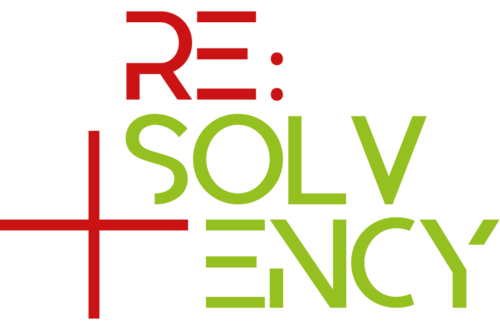Where Are We Heading? | Reflexive Debt Deliberation
When credit fails to produce the expected growth, social conflict is often the result. Resolving such debt conflicts requires more than the enforcement of private claims—it demands creditor consent on how remaining assets are distributed and a collective procedure that accounts for the interests of all affected parties. These include not only debtors and creditors, but also employees, residents, local communities, and the environment.
RESOLVENCY aims to analyze and evaluate legal structures for democratic debt deliberation, capable of navigating these complex multi-stakeholder settings. Different distributive models are tested in economic game-theoretical experiments to assess their viability, efficiency, and fairness.
Substantively, the project seeks to index sustainable debt, integrating ecological and social parameters into the logic of debt governance. It also explores how insolvency factors—such as creditor hierarchies, collateral rules, or discharge conditions—can be reshaped to incentivize more sustainable lending and borrowing practices. Some causal assumptions underlying these interrelations, including potential ex-ante effects on credit markets, are empirically tested through experimental modeling.
Ultimately, the project elaborates on a theory of reflexive debt (RE:DEBT)—a normative framework that links the reintegration of social concerns into debt restructuring procedures with more sustainable forms of capital valuation and credit design.
